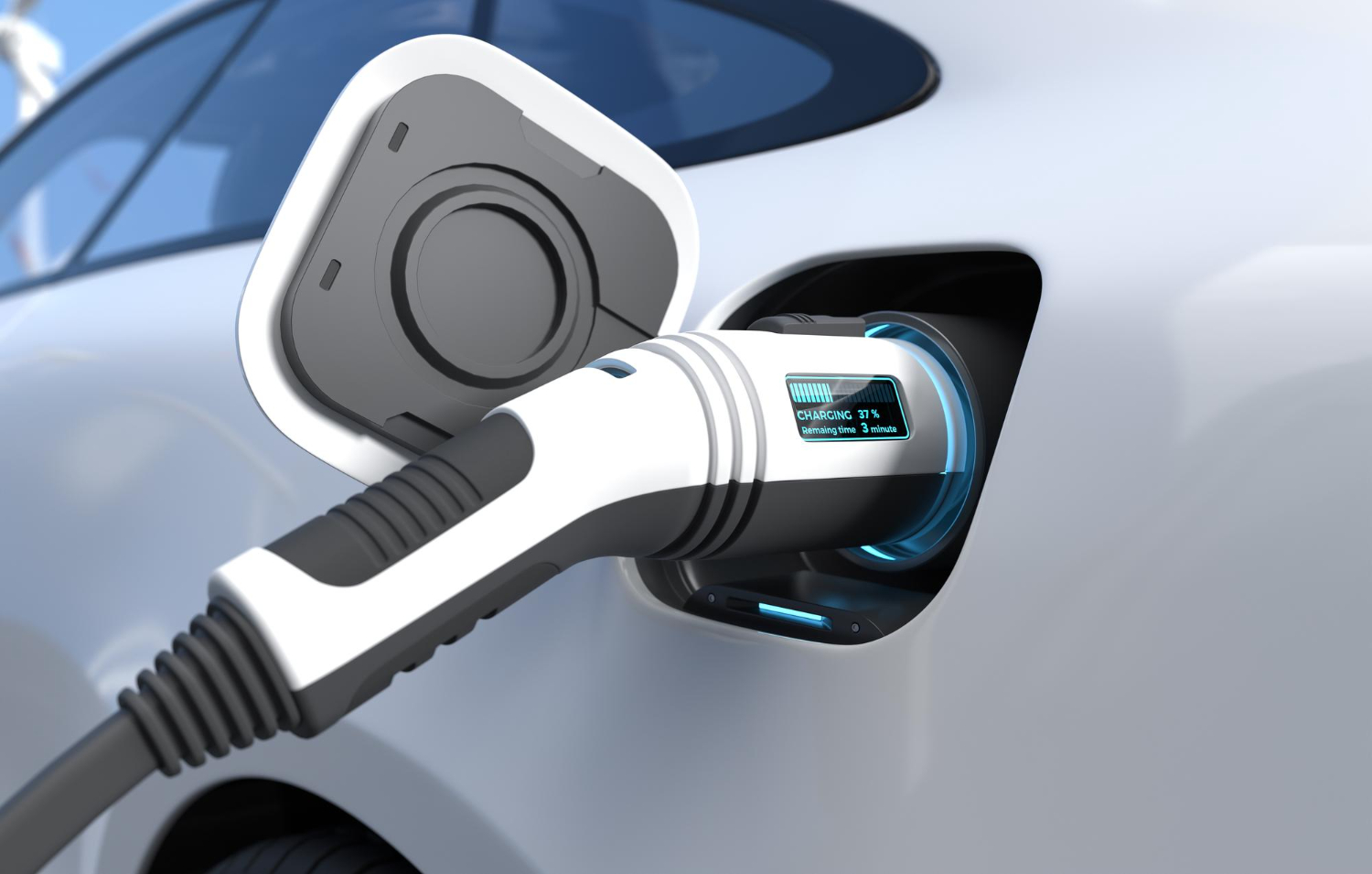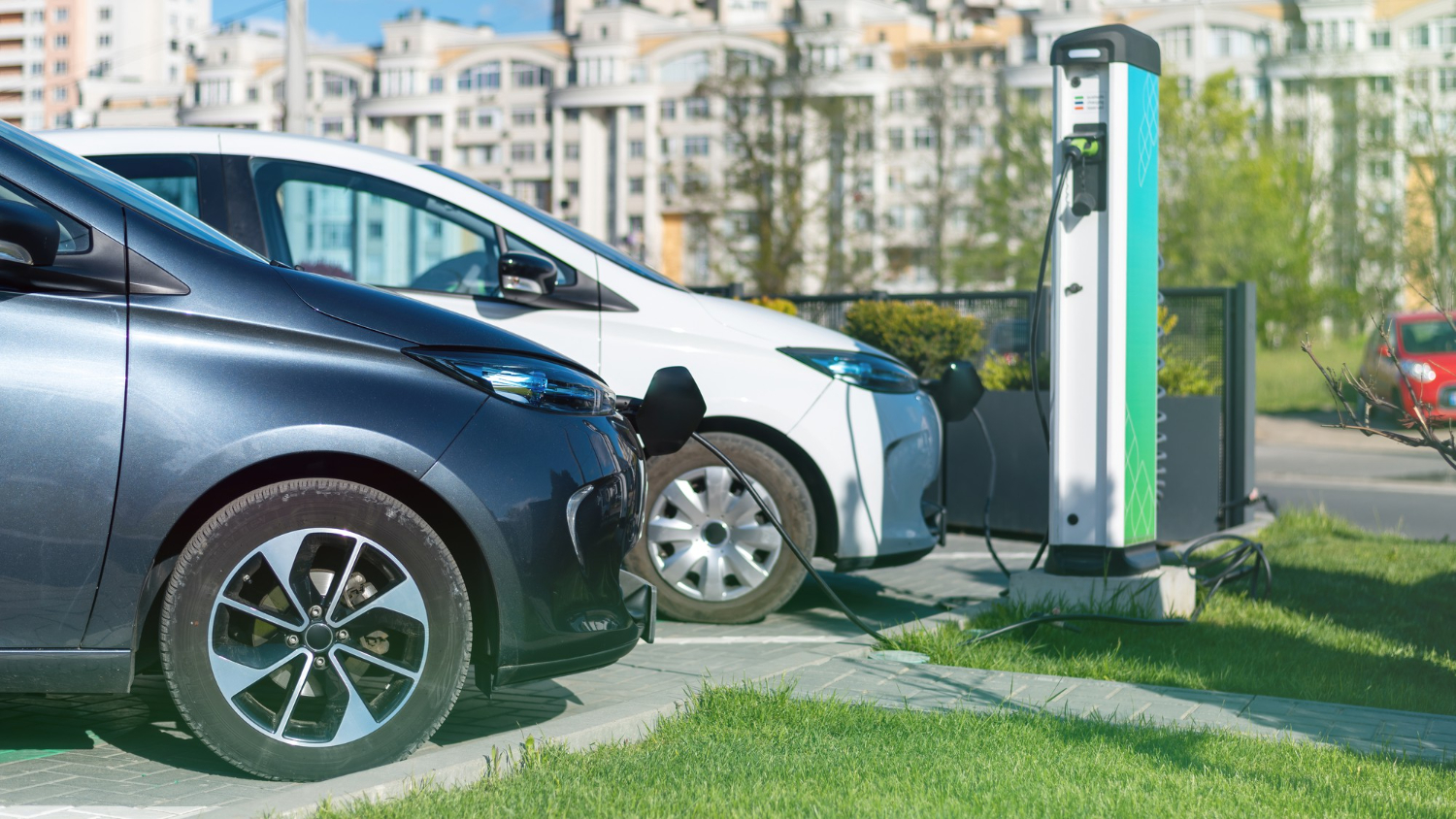Problems of Electric Vehicles (EVs) You Might Not Know

(Photo Credit: freepik)
Electric vehicles (EVs) are on the rise! With cutting-edge technology, sleek designs, and environmental friendliness, many people are turning their attention to switching from traditional cars to EVs. However, EVs are not without their problems.
In the past decade, electric vehicles (EVs) have become one of the most important and widely noticed innovations in the automotive industry. The changing environmental situation and the need to reduce carbon dioxide emissions have led many countries around the world to seriously support the use of electric vehicles. However, despite the many advantages of EVs, they also face numerous challenges and problems.
Charging and Infrastructure Issues
One of the most significant problems with electric vehicles is the lack of charging stations. Even in many developed countries where the charging infrastructure is improving, it still does not cover all areas, particularly rural or remote areas. The necessity for EV users to plan their trips around the availability of charging stations can be a major obstacle in choosing EVs over traditional cars.
Battery and Technology Issues
The battery is a crucial component of an electric vehicle, playing a key role in determining the driving range and performance. Current batteries still have limitations in terms of the distance they can travel on a single charge and the time required to recharge, which is still not comparable to refueling a traditional car. Additionally, the lifespan of the battery is a significant concern, as batteries degrade over time and use, leading to costly replacements.
Environmental and Recycling Issues
Although EVs help reduce greenhouse gas emissions in the long run, the production of batteries has a substantial environmental impact. The process of mining lithium, cobalt, and other minerals used in battery production affects the environment and the health of workers. Furthermore, managing and recycling used batteries is an area requiring more research and development to ensure efficient recycling processes that do not negatively impact the environment.

(Photo Credit: freepik)
Economic and Consumer Acceptance Issues
Producing electric vehicles is still more expensive than traditional car technology. Even with ongoing advancements to reduce costs, the price of EVs remains a significant factor that deters many consumers from making a purchase. Additionally, the shift from refueling with gasoline to charging with electricity is a new concept that consumers need to adapt to.
Safety and Research and Development Issues
Electric vehicles also face safety issues in certain cases, such as battery fires caused by overheating or collisions. Although there is ongoing research and development to enhance safety technologies, risks remain that need careful management.
Opportunities and Solutions
Despite the numerous challenges faced by electric vehicles, there are opportunities for development and problem-solving through new technologies and innovations. Developing batteries with higher capacities and faster charging times is a crucial solution. Additionally, investing in charging infrastructure, researching and developing battery recycling technologies, and government support through tax incentives and financial benefits for EV buyers are important strategies.
Electric vehicles have the potential to revolutionize the automotive industry and significantly reduce environmental impacts. However, they still face many challenges and problems. Developing technology and infrastructure, fostering social understanding and acceptance, and conducting research and development to address related issues will be key to making EVs widely used and sustainable in the future.
Claim your free car valuation today!
Read More: Can electric vehicles (EVs) drive through water?
Looking for a car appraisal? You can contact us for a free car valuation within 24 hours…
